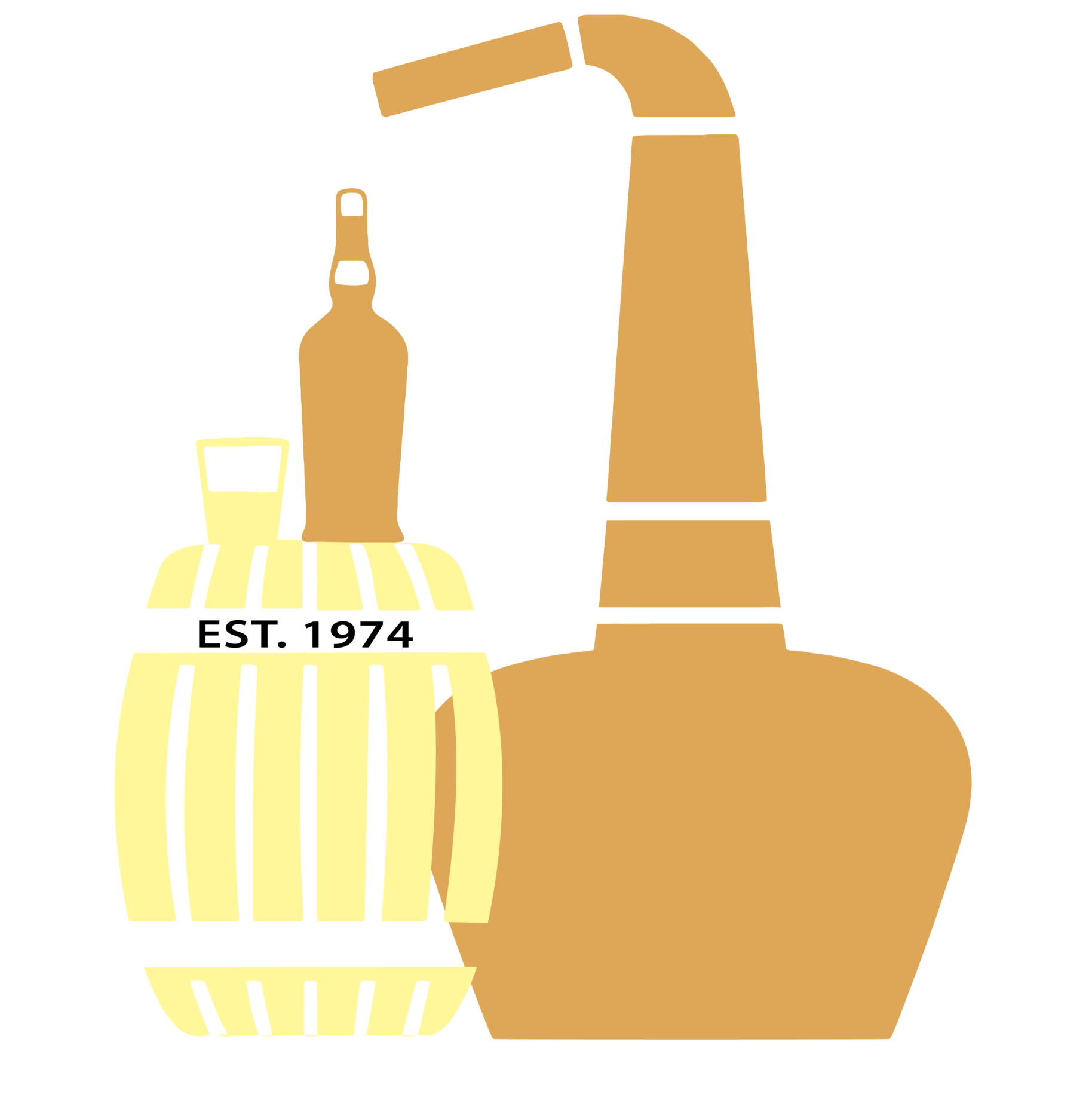Promoting the Distillery industry's interests, through engagement of stakeholders on trade issues, taxation regulatory compliance and environmental sustainability, through leveraging the support of government, regional multilateral, and private sector organizations.

